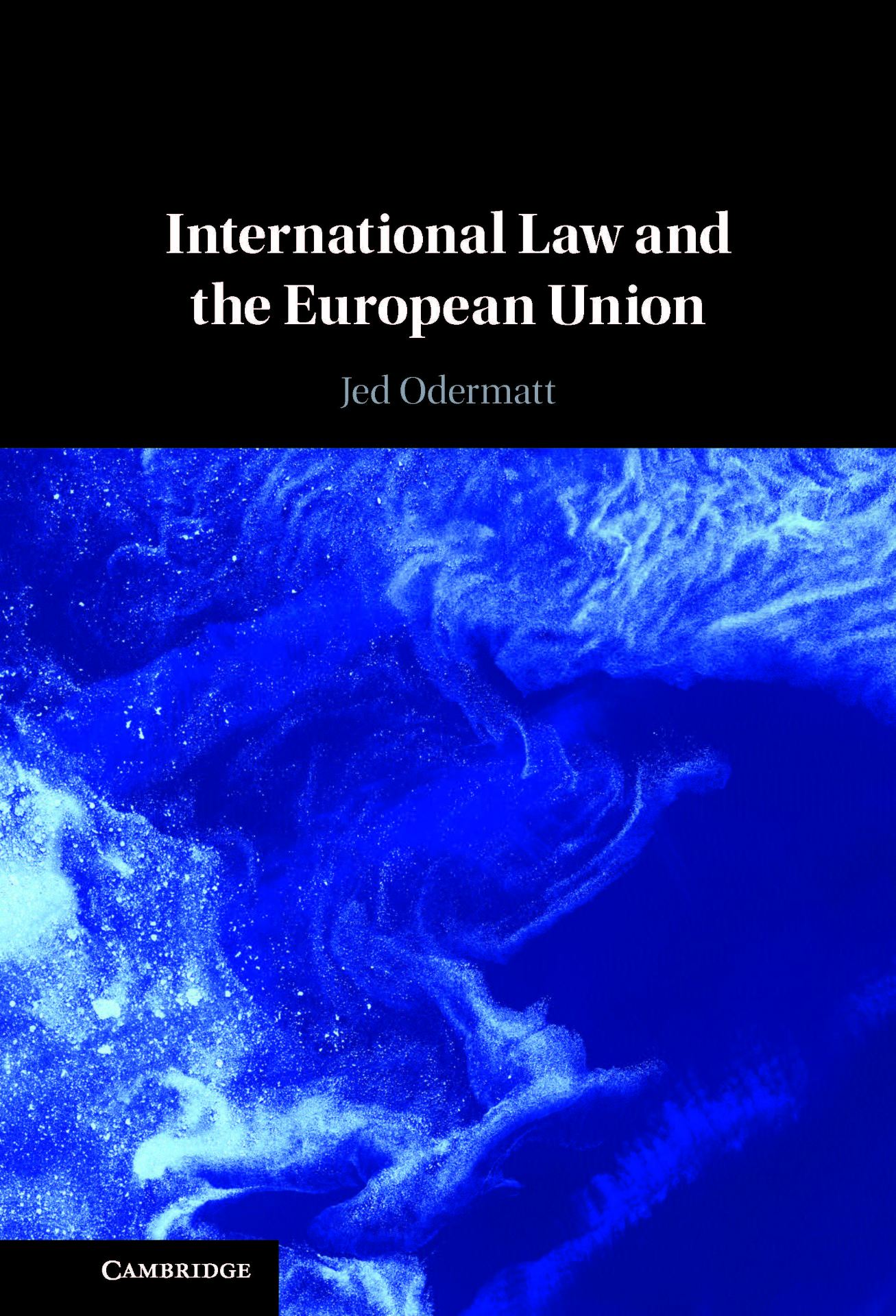By Dr Jed Odermatt and Dr Bilyana Petkova
At the end of January 2024, the US District Court in Northern California applied the political question doctrine to dismiss a suit brought against the US President and the Secretary of Defense based on alleged violations of international law. The Plaintiffs, a group of Palestinian human rights organizations and activists including Defense for Children International-Palestine and Al-Haq, alleged that the US government breached its duty to prevent genocide “by providing diplomatic, financial, and military support to Israel, are complicit in Israel’s purported commission of genocide, in violation of Article III(e) [of the Genocide Convention] and its implementing legislation, which makes genocide a federal crime”. The Plaintiffs sought an injunction enjoining the provision of any further military or financial support or any form of assistance to Israel by the United States. The District Court went on to extensively cite the recent order on provisional measures of the International Court of Justice (ICJ) in Application of the Convention on the Prevention and Punishment of the Crime of Genocide in the Gaza Strip (South Africa v. Israel). However, the Court found that the case was inadmissible, as “any determination to challenge the decision of the executive branch of government on support of Israel is fraught with serious political questions”.
The political question doctrine is a controversial legal mechanism for docket management in the toolbox of the US Supreme Court and – more recently – lower US courts. According to the broader, “functional” view of the doctrine, courts should abstain from deciding on a question that is likely to be better decided by the executive or legislative branch or that the courts abstain from deciding when they lack sufficient expertise and information to make a reasoned legal judgment. According to the “prudential” rationale, the Court should apply the doctrine to promote its reputation and legitimacy by avoiding questions that are essentially non-legal in nature.

 EU law has developed a unique and complex system under which the Union and its Member States can both act under international law, separately, jointly or in parallel. International law was not set up to deal with such complex and hybrid arrangements, which raise questions under both international and EU law. Thie book assesses how EU law has been adapted to cope with the constraints of international law in situations in which the EU and its Member States act jointly in relations with other States and international organisations. Each chapter was jointly written by a team of two authors. The various contributions offer new insights into the tension that continues to exist between EU and international law obligations in relation to the (joint) participation of the EU and its Member States in international agreements.
EU law has developed a unique and complex system under which the Union and its Member States can both act under international law, separately, jointly or in parallel. International law was not set up to deal with such complex and hybrid arrangements, which raise questions under both international and EU law. Thie book assesses how EU law has been adapted to cope with the constraints of international law in situations in which the EU and its Member States act jointly in relations with other States and international organisations. Each chapter was jointly written by a team of two authors. The various contributions offer new insights into the tension that continues to exist between EU and international law obligations in relation to the (joint) participation of the EU and its Member States in international agreements.